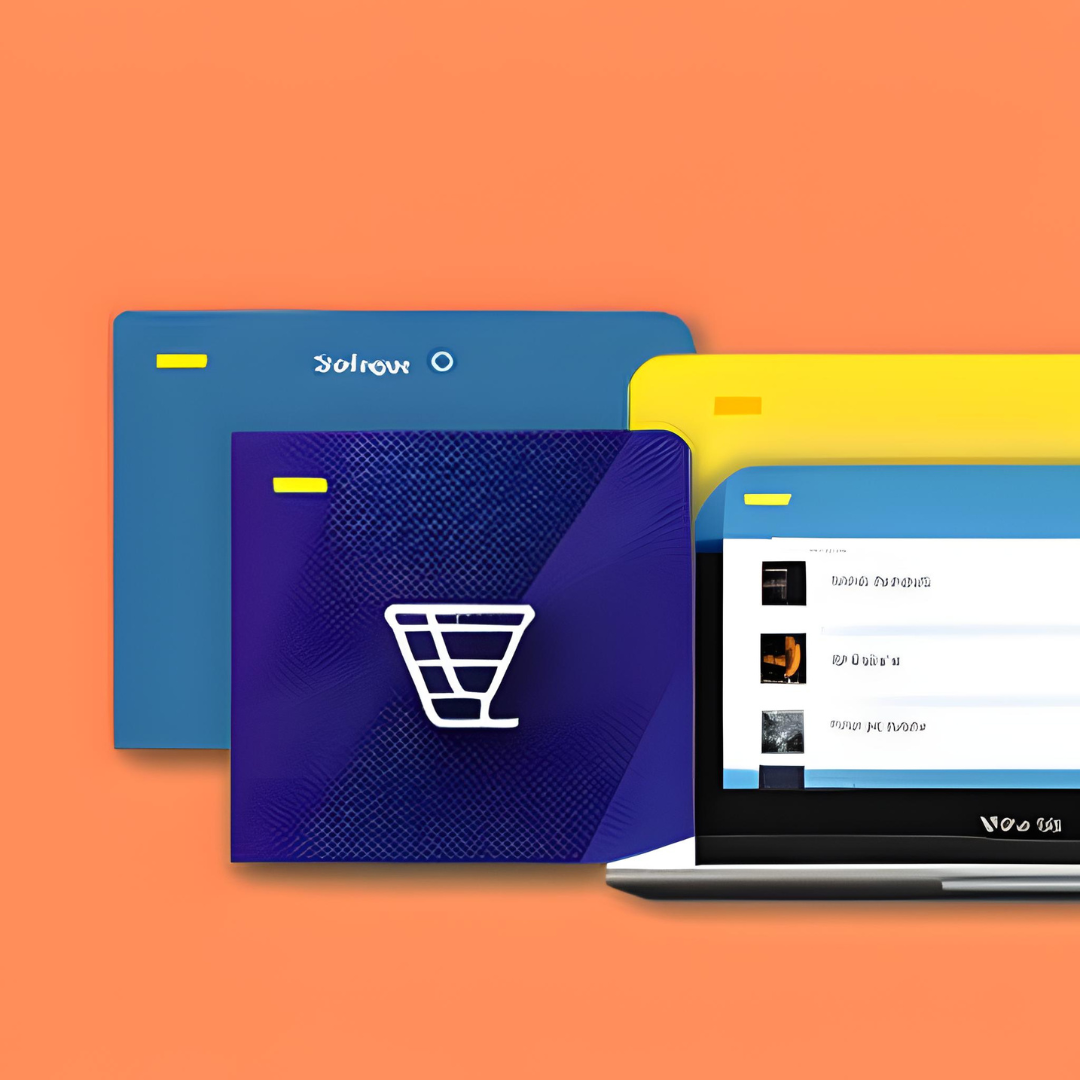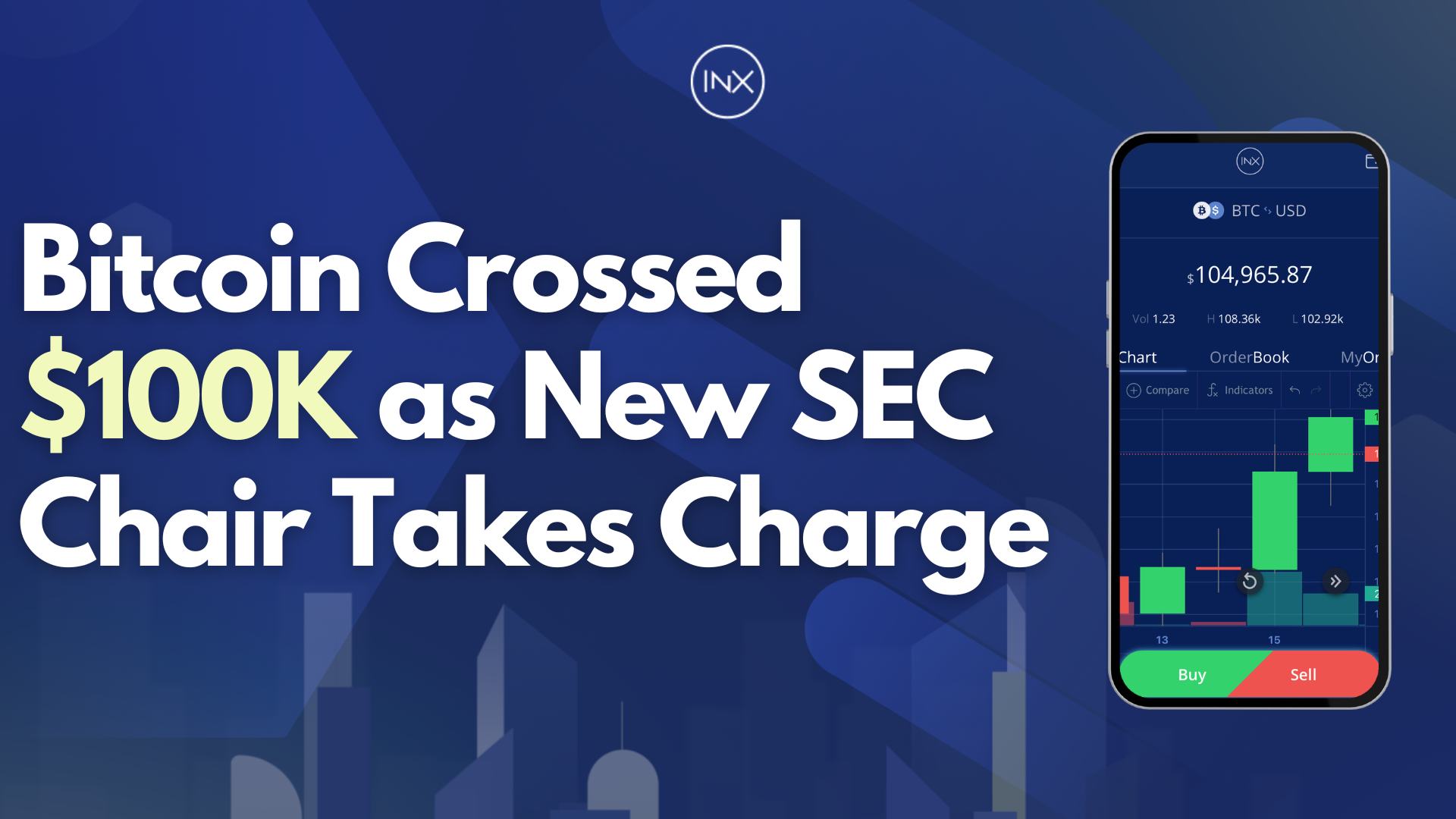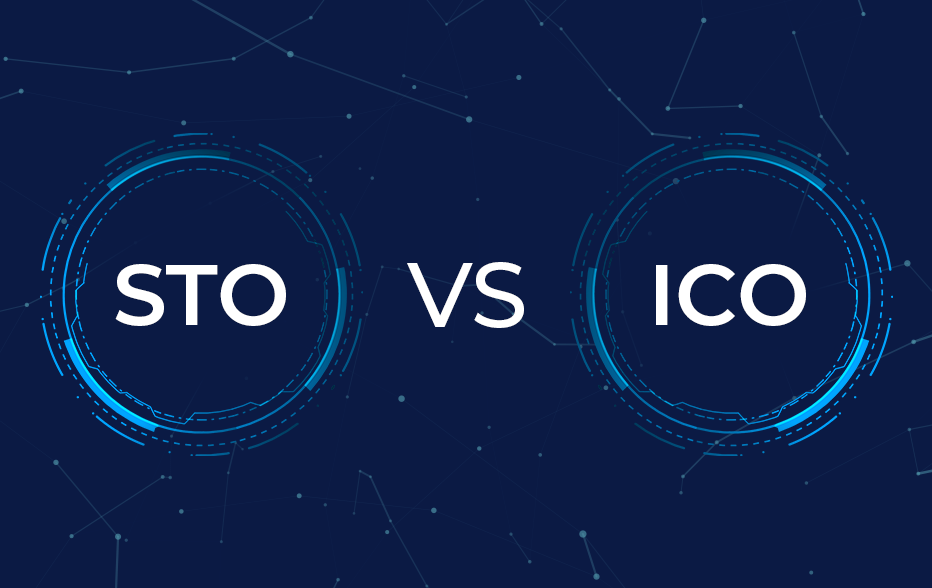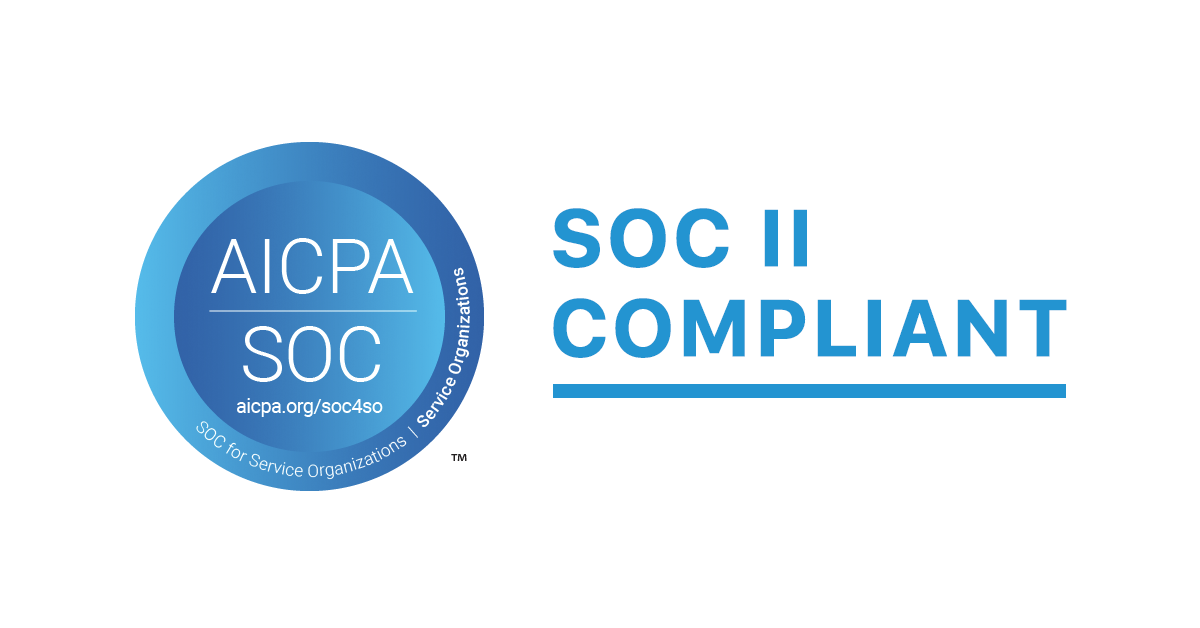The Best Web3 Wallets For Your Digital Assets in 2023

Whether you’re a seasoned crypto investor or just getting started, finding the best web3 wallet is a crucial step in protecting your digital assets and unlocking their full potential. Web3 wallets come with trade-offs; some are more secure, while others offer better usability. Therefore, we have set out a list of web3 wallets and the various characteristics they offer so that you can make an informed decision about which web3 wallet works best for you.
Empowering Yourself: The Power and Importance of Self-Custody
One of the trademarks of the banking system is the fact that you don’t directly ‘own’ the money you have locked in the bank. Rather, the bank takes your money and lends it out to its clients, promising to give it to you should you wish to withdraw. On the other hand, self-custody allows you to retain complete control over your assets and transact with them as you see fit. This freedom comes with the responsibility of ensuring that assets are properly secured and managed, but it also means that users can enjoy greater flexibility and independence in managing their own finances.
Creating your Web3 Wallet
In order to custody digital assets, you’ll need a digital wallet that stores your private key, a secret phrase that allows you to access your digital assets. Private keys are typically generated when you create a new wallet and are usually stored securely within the wallet. When initializing a wallet, you’ll usually be given a seed phrase, also known as a recovery phrase or mnemonic phrase. A list of typically 12-24 words, your seed phrase serves as a backup of your private key and can be used to restore your wallet if your device is lost, stolen, or damaged. It’s important to keep your seed phrase secure and not share it with anyone, as anyone who has access to it can also control your assets.
Choosing Between Cold Wallets and Hot Wallets
Although there are many wallets on the market, they can largely be divided into two categories:
Hot Wallet – Software-based wallets that expose your private keys to the internet, making them convenient for frequent transactions but more vulnerable to security risks.
Cold Wallet – Hardware-based wallets that are not connected to the internet, making them more secure but less convenient to use.
When choosing between a hot or cold wallet, it’s important to consider your individual needs and priorities. If you plan to use your digital assets frequently and require easy access, a hot wallet may be the best option for you. If security is your top priority and you plan to hold your assets for the long term, a cold wallet may be a better choice.
Best Browser Wallet – Metamask
Metamask is a digital wallet in the form of a browser extension and is the industry leader in terms of applications that it supports. The wallet provides a user-friendly interface, easy-to-use features, and robust security measures, including 2-factor authentication and hardware wallet integration. After installing the MetaMask extension on your preferred browser, you can either create a new wallet or import an existing one, giving you the freedom to manage your digital assets according to your needs.
If you wish to trade security tokens on INX, you must have a Metamask wallet and link it to your INX account. For more information, visit our guide on how to buy security tokens.
Best Hardware Wallets – Ledger & Trezor
Ledger and Trezor are two of the most popular hardware wallets for storing digital assets. Both provide a high level of security through advanced encryption and secure elements to protect your private keys. Ledger Nano S and Nano X are two popular options, while Trezor offers the Trezor One and Trezor Model T. Both wallets support multiple cryptocurrencies and allow you to create and manage multiple accounts. Ledger offers a desktop and mobile app called Ledger Live, while Trezor offers a desktop app called Trezor Bridge and a mobile app called Trezor Wallet. The choice between Ledger and Trezor ultimately depends on individual needs and preferences.
Best Mobile Wallet – ZenGo
ZenGo is a mobile wallet that offers a user-friendly and secure way to store and manage your digital assets. It uses advanced cryptography to secure your private keys and ensures that your transactions are signed in a secure enclave on your device. Instead of making you remember a seed phrase, ZenGo uses a biometric authentication method, such as facial recognition or fingerprint scanning, to verify your identity.
Safety First, Last and Always
INX customers self-custody their security tokens and trade them directly with their peers on the INX.One platform. Our belief in the benefits of self-custody is unshakeable, which is why we see it as a noble mission to educate our customers on how best to secure their assets. Customers transacting with a linked MetaMask wallet should connect it to a hardware wallet for maximum safety. Our commitment to customer education and safety is unwavering, and we strive to provide the necessary tools and resources to help our customers secure their assets.
David Azaraf March 19, 2023
Crypto enthusiast, help businesses plug into the token economy






